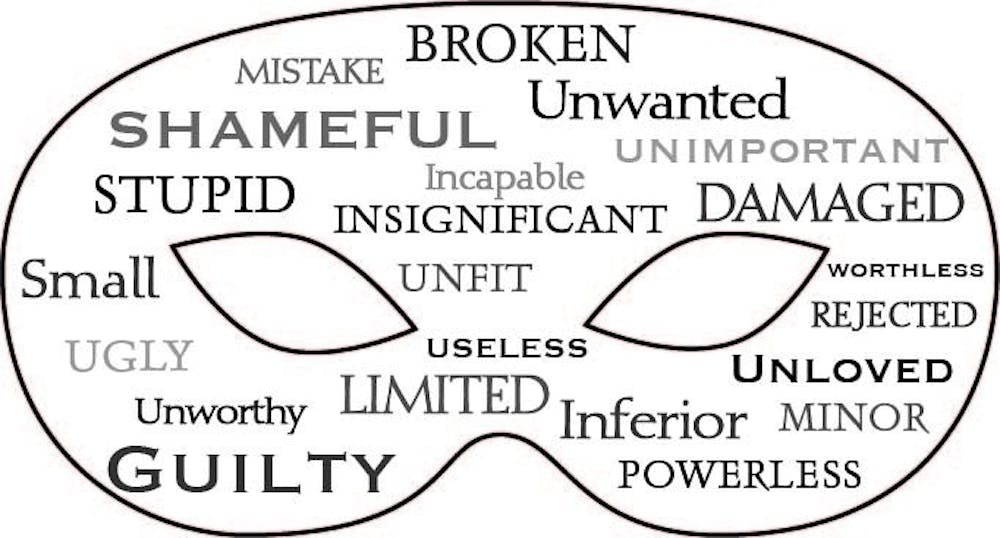By Megan Burkhart | Contributor
Unashamed: Healing Our Brokenness and Finding Freedom from Shame by Heather Davis Nelson
Crossway Publishers, Paperback, 192 pages
Shame. We can't vacuum it up. We can't diet it away. We can't even hide it behind our smiles, our performance or our relationships. For many people, shame is always present.
In "Unashamed," author Heather Davis Nelson tackles head-on the issue of shame by offering a biblical perspective focused on community bonding and mutual forgiveness. In the opening chapters, Nelson exposes shame as the sneaky chameleon in many people's lives with the power to make individuals hide and feel unworthy. She distinguishes between guilt (i.e. "I did something bad") and shame (i.e. "I am bad") and brings readers into God's welcoming grace as contrasted by the shame his son Jesus endured for everyone on the cross.
Shame comes in different forms, and Nelson addresses many of them. Her chapters include topics focused on social shame, performance shame and marital shame. It also covers positive behaviors such as shame-free parenting. She is not afraid to be vulnerable with her readers and discuss the lies the enemy throws at everyone in the many areas of shame.
Often events in people's pasts lead them to shame-filled habits in the present. However, Nelson encourages her readers to be open with the trustworthy and safe people in their lives. She reminds every Christian of his or her worth in Christ and how the Lord's righteousness covers all unworthiness.
Nelson also discusses particular responses to shame, including the tendency to hide, blame, avoid others or indulge in shame. Shame thrives because it isolates; it leaves its victims alone with their weaknesses and inadequacies. Nelson urges sufferers to retreat from their inner darkness and enter into the light of Christ-centered community. This ties in with her final chapter on shame and the Church. The Church can sometimes be viewed as a judgmental, hostile place. Some members are made to feel worse about their sins and struggles, but the reality is that everyone struggles with sin. Before the cross, all sin is equal, and all humans are in need of healing from brokenness.
To further meditate on these topics, Nelson includes questions for reflection and discussion at the end of each chapter to highlight the themes she talked about. These questions require digging beneath the surface to confront the lies and shame people face in their lives, and they remind everyone to look to Christ for a shame-free identity in his eternal family.
The suggested audience is primarily Christian women, but the book can be helpful to anyone looking to understand shame. Nelson discusses topics relating to parenting and marriage; however, this does not make her book exclusive to parents and married couples. Her words are honest, sincere and refreshing to the struggling Christian in search of healing.





